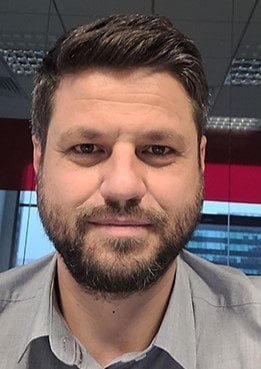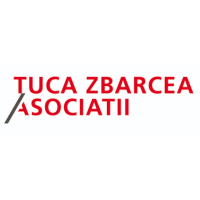

Deputy legal director | Banca Transilvania



Dragos Mihai
Deputy legal director | Banca Transilvania
Could you, please, tell us a bit about yourself and your role?
In a nutshell, I am a law professional, specialised in banking, dispute resolution and litigation, M&A, debt recovery, and insolvency. As deputy legal director, I coordinate a successful team of legal counsellors working for the top bank in Romania, Banca Transilvania.
I have 18 years of practice in different law areas and seven years of management experience.
I developed and improved my skills by graduating a fast-track MBA with Bucharest International School of Management in 2019 and Oxford Executive Leadership Programme in 2022.
I am responsible for dispute resolution and legal support for debt recovery in Banca Transilvania. From this posture, I participated in defending the bank position in high stake disputes, at Romanian judicial courts and the Court of Justice of the European Union concerning consumer protection.
I participated, alongside with colleagues from the legal division, in analysing, negotiating, acquiring, and merging with other banks active in Romanian banking market.
Do you use any “legal technology” products and, if so, what areas of your work do you find it most useful for?
We use a case management app to keep track of litigations, and also extended the use of electronic signature to all team members. My team is located all around the country and digital means of communication and organisation are great ways of keeping close to each other and following up on projects and tasks.
How do you think the in-house legal role will evolve in the coming years?
The role of the in-house counsel is poised for transformation in the upcoming years, mirroring the broader societal shifts due to the influence of digitalisation and artificial intelligence. This change has already begun, and it brings with it novel opportunities and the prospect that legal practitioners may embrace greater creativity, autonomy, a stronger commitment to continuous learning, and a focus on sharing knowledge and education. This evolution is driven by the increasing automation of repetitive tasks through AI.